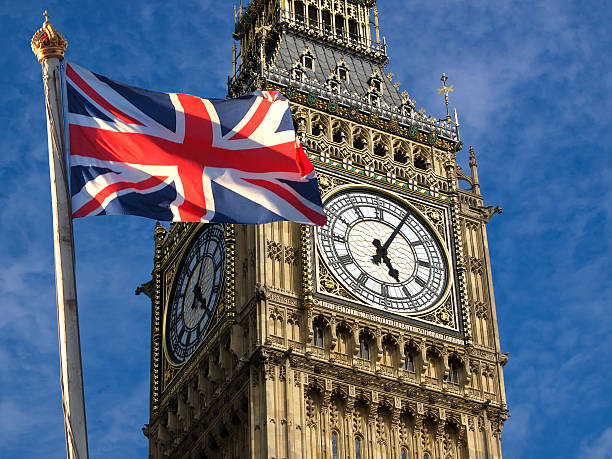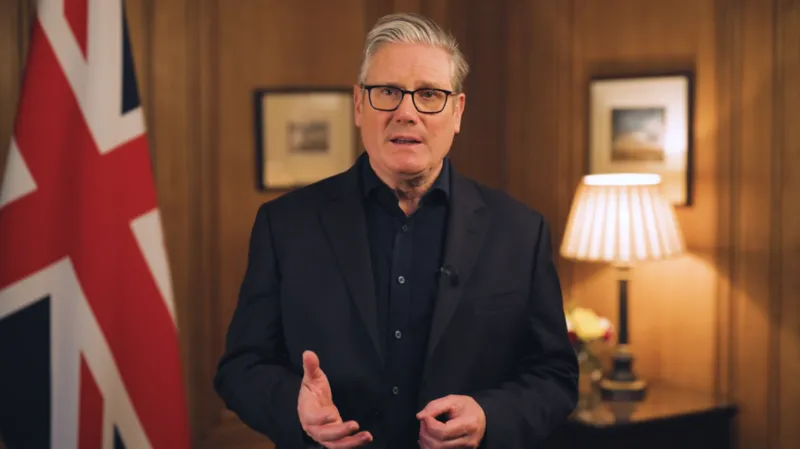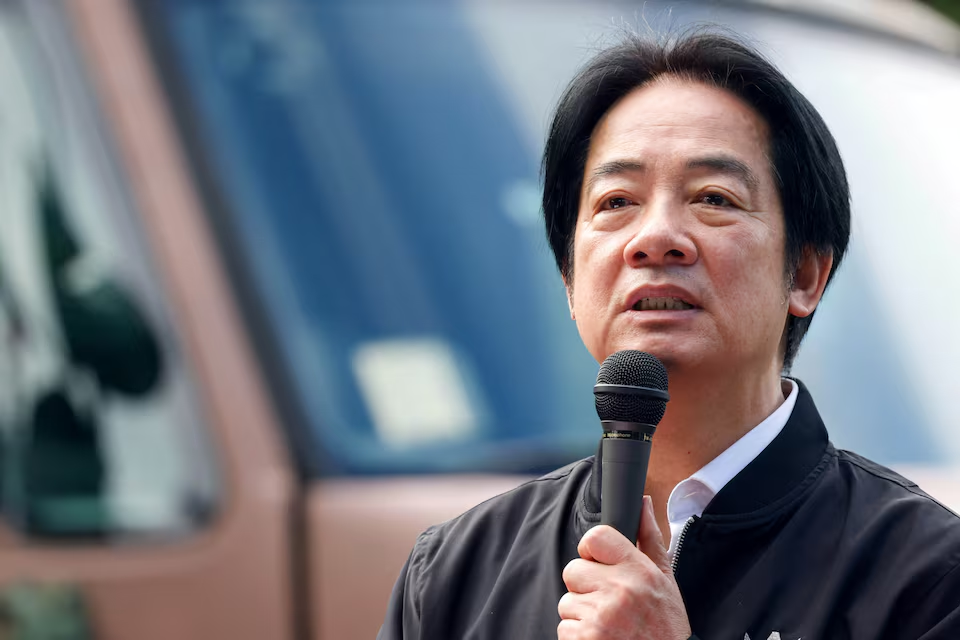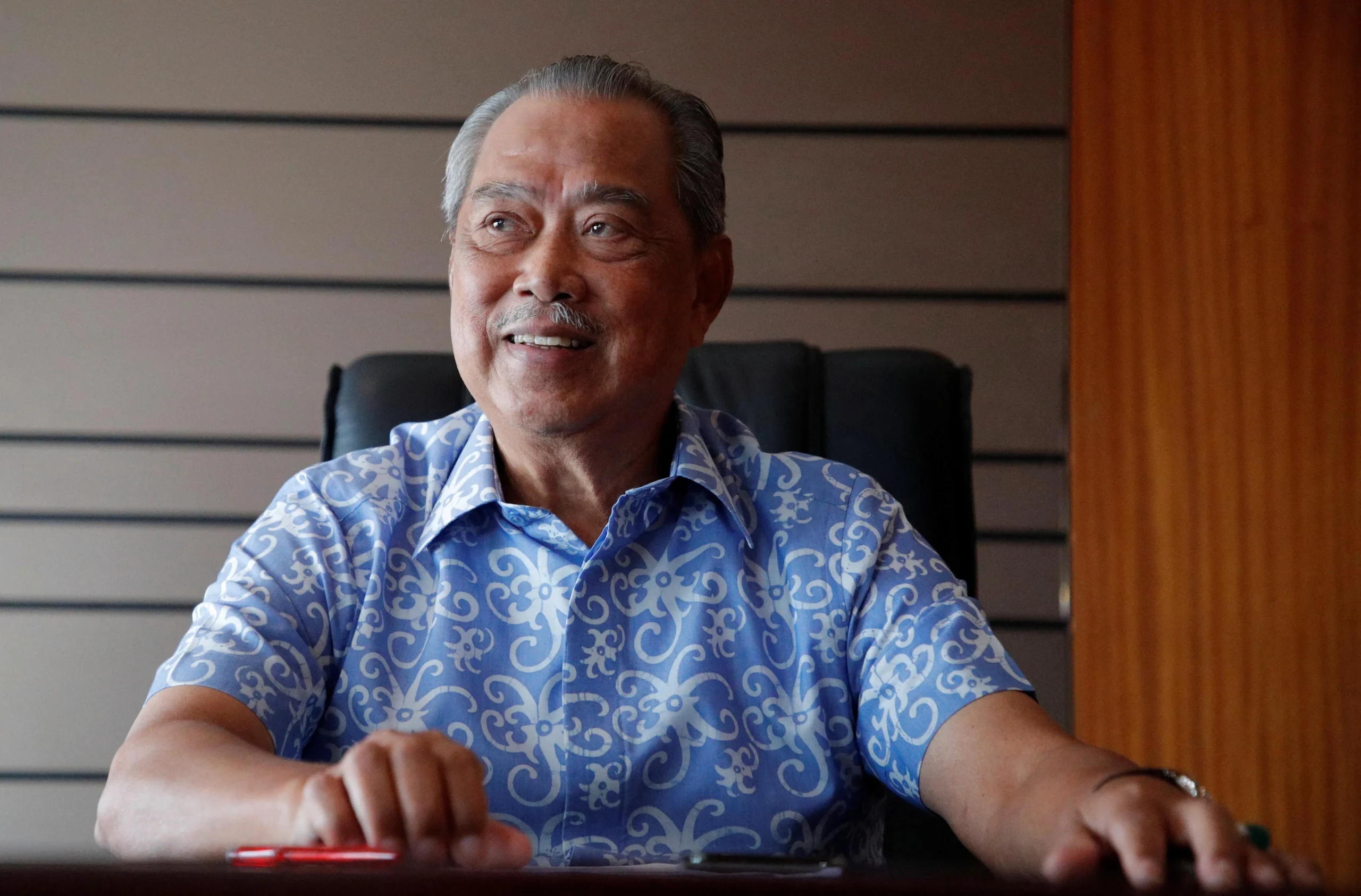The UK government has issued a stark warning to three African nations, threatening visa bans unless they agree to take back their citizens who entered Britain irregularly. The announcement came on Monday as Home Secretary Shabana Mahmood prepared to unveil what officials describe as the most extensive overhaul of the asylum system in modern British history.
According to the Home Office, Angola, Namibia, and the Democratic Republic of Congo could all face visa suspensions if they continue resisting the return of “their criminals and illegal immigrants.” Ministers argue that cooperation from these governments has been “unacceptably low,” prompting the UK to adopt tougher measures. Home Office Minister Alex Norris said the three countries have “one month to get this in order” or face penalties.
The threat forms part of a broader set of reforms Mahmood is expected to outline, aimed primarily at curbing small-boat crossings from France — an issue that has increasingly fueled political tensions in the UK. Immigration debates have grown sharper in recent years, contributing to rising support for the right-wing Reform UK party. The government’s latest stance appears designed not only to reduce irregular migration but also to regain public confidence amid shifting political winds.
The Home Office also indicated that similar restrictions could be imposed on other nations in the future. One proposed measure is an “emergency brake” on visas for countries with a high number of asylum seekers entering through legal routes but later filing protection claims. Officials argue this would prevent abuse of the immigration system.
Despite rising asylum applications, the number of positive initial decisions issued by UK authorities has dropped from 2023 to 2024. Meanwhile, Britain has continued to grant thousands of visas under humanitarian programmes for Ukrainians, Afghans, and Hong Kong residents.
Read Also: Greek Baker 49 dies after scarf gets caught in bread machine
The upcoming reforms, inspired partly by Denmark’s strict asylum model, include ending automatic benefits for asylum seekers and significantly tightening long-term protections. One of the most controversial proposals would shorten refugee status from five years to 30 months. Under the new rules, refugee protection would undergo frequent reviews, and individuals would be required to return home once conditions are deemed safe.
Another major shift raises the waiting period for permanent residency from five years to 20. Critics warn that such measures risk trapping refugees in prolonged uncertainty. Labour MP Tony Vaughan called the plan harmful, arguing that integration — not prolonged instability — best serves both refugees and British society.










